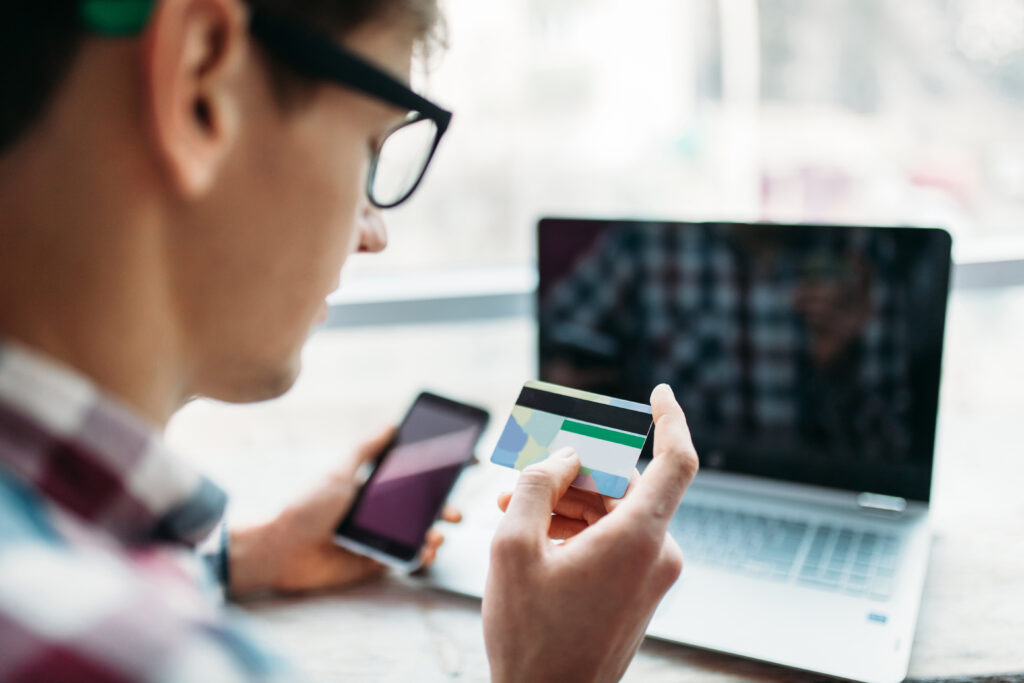When a person succeeds in taking personal information from another person, this is known as identity theft. Thieves can use this information to start bank accounts, get loans in your name, take over existing accounts like credit cards and medical care, buy things, and even get papers like passports and driver’s licenses.
Identity theft is frequently financial; however, some types of identity theft, such as criminal identity theft, are not driven by money. When a criminal gives someone else’s information to the authorities, the victim of identity theft may be prosecuted.
Keeping It Safe
The majority of what is referred to as “identity theft” is essentially routine credit card fraud that has occurred since credit cards were first issued. Long-term impersonators who use their identities to drain pension money and bank accounts or even file and sell other people’s properties are highly uncommon.
However, with advancements in digital printing and a surge in individuals adopting cloud storage for their personal information, identity fraud might become a hazardous crime shortly, triggering a breach in the private systems. As a result, here are some tips for preventing identity theft:
Use Strong Passwords
Passwords are the first line of defense against unauthorized access to your computer and personal information. If you choose a strong password, your computer will be protected against hackers and bad software.
The benefit of using stronger/more complicated passwords is that they marginally reduce the risk of fraud. Using a long and uncommon password (and does not contain any personal information) enough that no one can readily guess it.
Using a new password for each website you visit is the most effective approach to protect yourself from phishing attempts. This will prevent multiple accounts from being accessed with the same password. Keeping track of that many passwords, on the other hand, will keep you safe, especially online.
Use Two-Factor Authentication
When it comes to storing data online, security is critical. Since everything is now kept online, and the prevalence of digital crimes, identity theft, and security breaches is rising, two-factor authentication is more important than any other security solution.
The use of Two-Factor Authentication (2FA) or Multifactor Authentication (MFA)is a multi-step verification method that adds an extra layer of protection to the accounts of users. This stops someone who knows your user ID and password from entering into your account without first verifying their identity using another way, such as sending a text message.
Be Aware Of Phishing Scams
Identity thieves and other cyber criminals employ phishing scams to mislead victims into disclosing personal information such as passwords, usernames, birth dates, and account numbers.
Phishing is the most common social assault on organizations today, according to Vadesecure, accounting for more than 75% of security breaches.
They often imitate the appearance and feel of authentic websites, so you don’t know you’re on a phishing site until you’ve given an identity thief sensitive information. People and businesses who neglect phishing awareness initiatives are more likely to fall victim to phishing scams and lose sensitive data.
Monitor Your Linked Cards
Credit cards have a high level of fraud protection, making them one of the most accepted payment methods available. Online banking is also a very secure platform since it is one of the critical services provided by banks.
Banks commonly use encryption devices to guarantee that all customer information is safeguarded and that no security breaches occur. It protects you from online fraud and accounts hacking in the end.
Keeping monitoring or tracking the transactions you do daily will assist you in analyzing your account profile and previous data. Following that, an analysis may be offered, which may include risk levels and anticipated future activities.
Do Not Browse On Unsecured Browsers
When you don’t use a secure browser, whatever you do on a computer, laptop, mobile phone, or other electronic device is vulnerable to prying eyes. Hackers may be able to infect your device with viruses, perhaps causing harm to your hard drive and providing access to your personal information.
When you use an unprotected browser, banking information, passwords, browsing history, and personally identifiable information are all in danger. Your internet accounts might potentially be hacked by a third party, making it impossible for you to access them in the future.
Take Away
When it comes to the internet and anything associated with it, you must exercise extreme caution in all of your actions. In a couple of seconds, anyone may gain access to anyone’s account. As a result, it’s critical to keep your personal information away from suspicious websites to avoid having your identity stolen.

